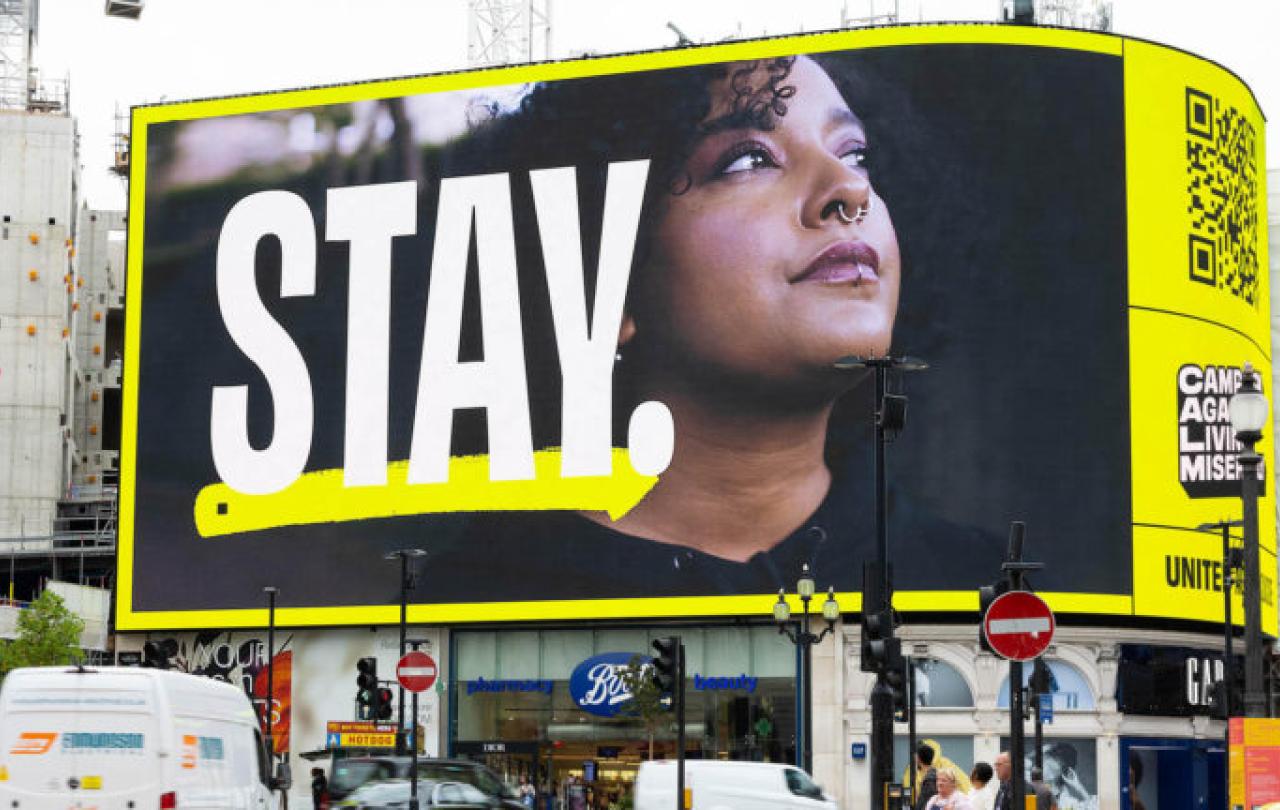
It started with prime minister Keir Starmer’s shameful toadying to President Donald Trump in the Oval Office at the White House, when he flourished a letter from his King inviting Trump for his second state visit to Britain.
My first thought was what Starmer was going to produce for Ukraine’s Volodymyr Zelensky when he visited London shortly afterwards. A Fortnum & Mason voucher? My second thought was marginally more profound. Thirty pieces of silver came to mind. And I wondered why. Was it possible that Starmer was betraying Ukraine for the trinkets and baubles of our monarchy, just to stay in favour with the world’s most powerful man?
As we have just slid past Ash Wednesday into the season of Lent, these thoughts take on a fiercer focus as the ends of our stories look like they’re in our beginnings, as the cast of characters in Passiontide ahead of Easter seem to take their places in our world politics now.
Is US Vice President JD Vance a little like the Temple high priest of Jerusalem, Caiaphas, when he demands rhetorically: “It is better for you that one man die for the people than that the whole nation perish”? Isn’t the price of bringing Zelensky down and appeasing Russia’s Vladimir Putin worth it for peace in Ukraine?
It might be customary in a column such as this to continue to ascribe characteristics of the cast of the Passion of the Christ to the leaders of today’s great powers. But that’s too easy and doesn’t really work. Starmer is no Judas. His courtly flattering of Trump preceded the attempted humiliation of Zelensky in Washington and since that event Starmer is widely applauded across the political spectrum for playing a blinder and not putting a foot wrong.
He is no betrayer of Zelensky, quite the reverse. And, anyway, casting him in that role risks the sacrilege of deifying Zelensky, who is definitely not the Messiah. Indeed, you don’t have to be a devoted Trumpian to invoke Monty Python’s Life of Brian and note that his performance before Trump and Vance was not messianic, but that of a very naughty boy.
Such comparisons are not going to get us very far. Maybe it’s better to turn them the other way around. Of greater value, perhaps, is to use the power plays that we’ve just witnessed on our global stage better to understand the one we’ll shortly be commemorating from a couple of millennia ago in Jerusalem.
In doing so, we may even begin to peek into some insights that demolish any case that the historical events of Passiontide are of no relevance today. And this isn’t just about politics, it’s about our human capacity for abusive power.
Like Trump, Pilate just wanted to make a deal to keep the peace. Like Trump, he told Jesus that he wasn’t being sufficiently appreciative of what he was trying to do for him.
Take that scene in the Oval Office when Zelensky was bullied by the two most powerful figures (Elon Musk excepted) in the new US regime. It’s a classic weapon in any domestic abusive relationship to blame the victim. So it was that Trump/Vance sought to blame Zelensky and by extension his nation for his and its oppression by Russia.
And so it was when the Nazarene stood before Pontius Pilate, the mouthpiece of the most powerful man on earth of his day, the Emperor of Rome, Tiberius. The similarities between the two situations are striking. And not just because one can reasonably doubt that Jesus of Nazareth wore a suit on that day either.
The latter, a battered artisan and preacher from the provincial hills and a man described as being “without sin”, was a classic subject of victim-blaming. Like Trump, Pilate just wanted to make a deal to keep the peace. Like Trump, he told Jesus that he wasn’t being sufficiently appreciative of what he was trying to do for him. Like Trump, he told him that he had absolute power over his fate. And, like Trump, he is certain that truth is anything he wishes it to be in the moment when he asks contemptuously: “What is truth?”
The intriguing question is how this tells us to respond to the Trumps and Pilates of this world. In the immediate circumstances of interrogation in both the Oval Office and the praetorium, the answer seems partly to be silence. The Christ chooses it; Zelensky has it forced upon him by the coercive control of his interlocutors.
Again, I make no claim for a Christ-like Zelensky. But silence as a human response invariably has its source in humility. In the most worldly of senses, that is now very apparent in the conciliatory words of the Ukrainian president towards his bully, calling his leadership “strong”, regretting how the meeting turned out and expressing willingness to return to the table.
Humility isn’t weakness. It brings the power of peace and enables the triumph of love. That’s the lesson from two thousand years ago. And the lesson is also that no good can come from a total lack of it, just as for Trump as it was for Pilate.
Join with us - Behind the Seen
Seen & Unseen is free for everyone and is made possible through the generosity of our amazing community of supporters.
If you’re enjoying Seen & Unseen, would you consider making a gift towards our work?
Alongside other benefits (book discounts etc.), you’ll receive an extra fortnightly email from me sharing what I’m reading and my reflections on the ideas that are shaping our times.
Graham Tomlin
Editor-in-Chief
P.S. Not sure, why not sign up and sample our articles. Enjoy our newsletters.





